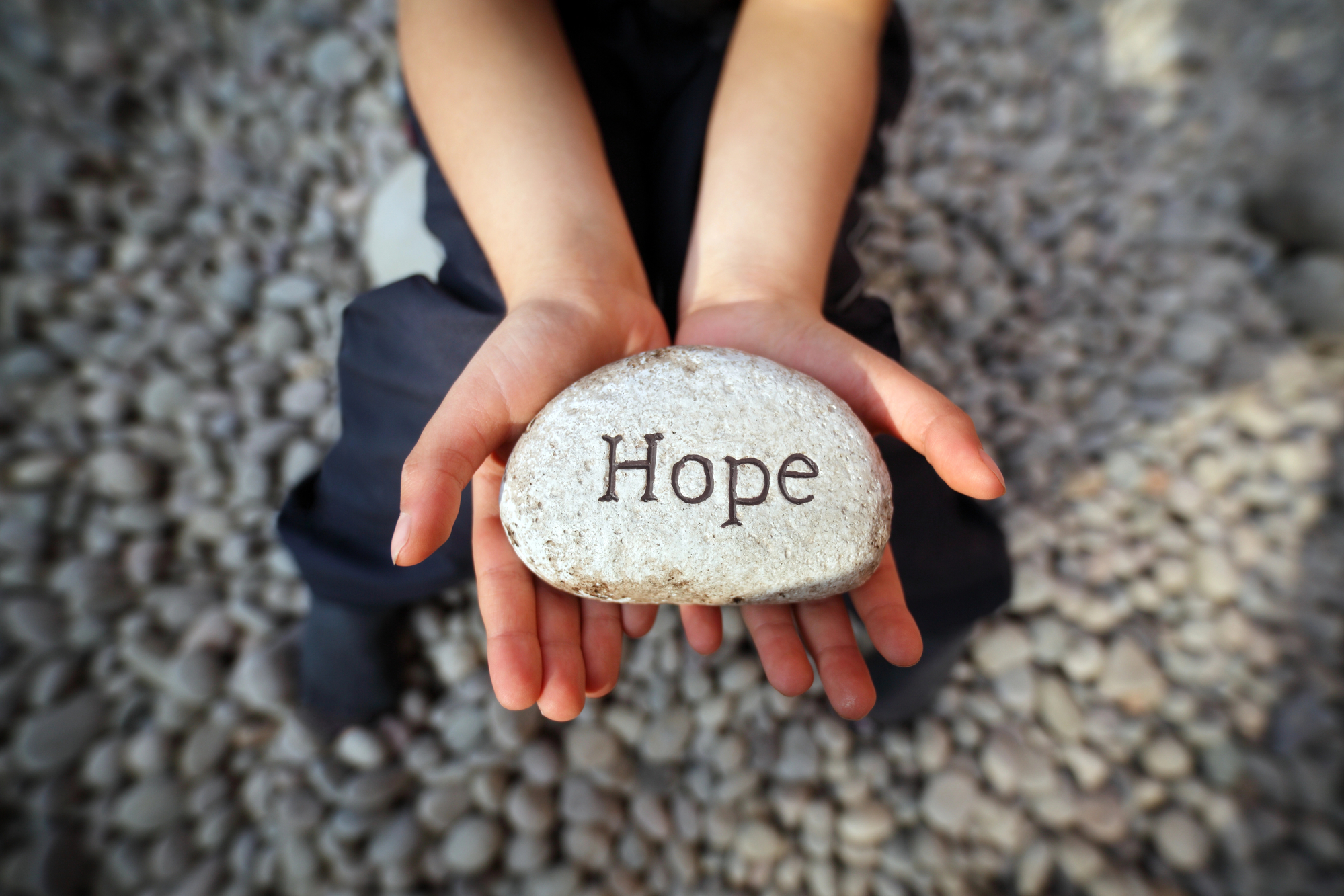EDITOR’S CORNER
A couple weeks back I posted a column on the potential benefits of harm-reduction approaches to social media and its impact on youth mental health, prompted by Surgeon General Vivek Murthy’s recent call for warning labels on various platforms. The idea underpinning them, like previous public health campaigns with seat belts and cigarette warnings: small changes can save lives.
In that vein, I’d like to draw your attention to my recent podcast conversation with psychologist Jessica Schleider, who founded the Lab for Scalable Mental Health — which creates and researches the efficacy of “single-session interventions” for youth. Accessible, relatable, and short, these one-off interventions (many of them online) are designed to reach kids where they are and give them “a seed of hope” to get them through the moment and the day.
 As Schleider told me in the interview, “It’s not assuming that a single session is going to cure everything, simply that a single session can help somebody make a meaningful step in a direction that matters to them.”
As Schleider told me in the interview, “It’s not assuming that a single session is going to cure everything, simply that a single session can help somebody make a meaningful step in a direction that matters to them.”
Once again, small changes can save lives. In a culture fixated on instant makeovers and a psychiatric model obsessed with magic pills, the significance of tiny, gradual shifts in thinking and habit cannot be overstated. While such approaches can seem radical and boundary-pushing in their minimalism, they’re actually rooted in the wisdom of the ancients and practiced in our everyday lives in ways that we take for granted. If, say, I want to learn how to play the mandolin (and this actually isn’t hypothetical) I need to first learn where to put my hands. How to hold the pick. How to strum the strings. Those are necessary baby steps required in moving on to the next ones. I can’t become an all-out, blazing mando-virtuoso overnight.
This is how life works. How human beings function and learn: with small tweaks, small adjustments, small lessons in how to live and learn and carry on. We all know this and embody it intrinsically. But too often, with mental health, we assume a win-or-lose, sane-or-sick attitude toward ourselves as well as others. And when it comes to the recent, spiraling crisis and conversation over youth mental health, that binary, big-change mindset and model isn’t helping. Too often it’s hurting. A scaled-down approach can — as Schleider’s research shows — reduce harm for young people and increase their wellness, bit by bit by bit.
As she told me:
“We don’t need that change to be huge. We need that change to be detectable, so that they have a reason to try once, and maybe that can lead to more trying and more trying over time. So we’re not trying to completely transform their beliefs overnight. That’s not realistic. We are trying to help them take the best next step, which is a prerequisite for all future steps. So something we typically include, or we do include in a lot of our interventions, is that big change is a series of tiny changes, and you’ve got to start somewhere. And now can be that time.”
I urge you to give the interview a listen (or a read), then let me know what you think. To me it sounds like common sense: helping teens learn how to help themselves in ways that seem doable. Once again, as with all harm-reduction efforts, this isn’t all or nothing. It’s something — and some things, even the smallest, can be the seed of hope and the first gentle nudge out of darkness.
—Amy Biancolli, Family Editor
***
More from Mad in the Family
More Editor’s Corners















This is a fantastic and insightful article! The discussion on harm-reduction approaches to social media and youth mental health is timely and essential. Surgeon General Vivek Murthy’s call for warning labels is a crucial step, and the analogy with seat belts and cigarette warnings really drives home the point about small changes having a big impact.
Report comment